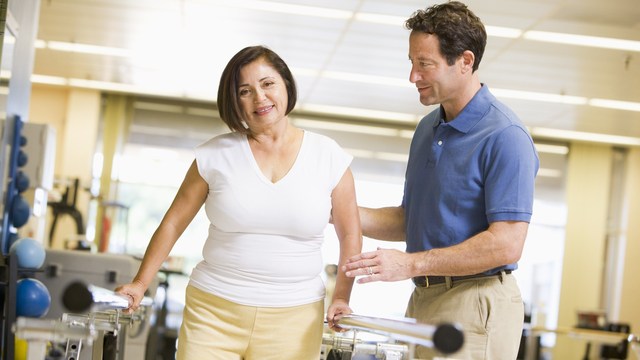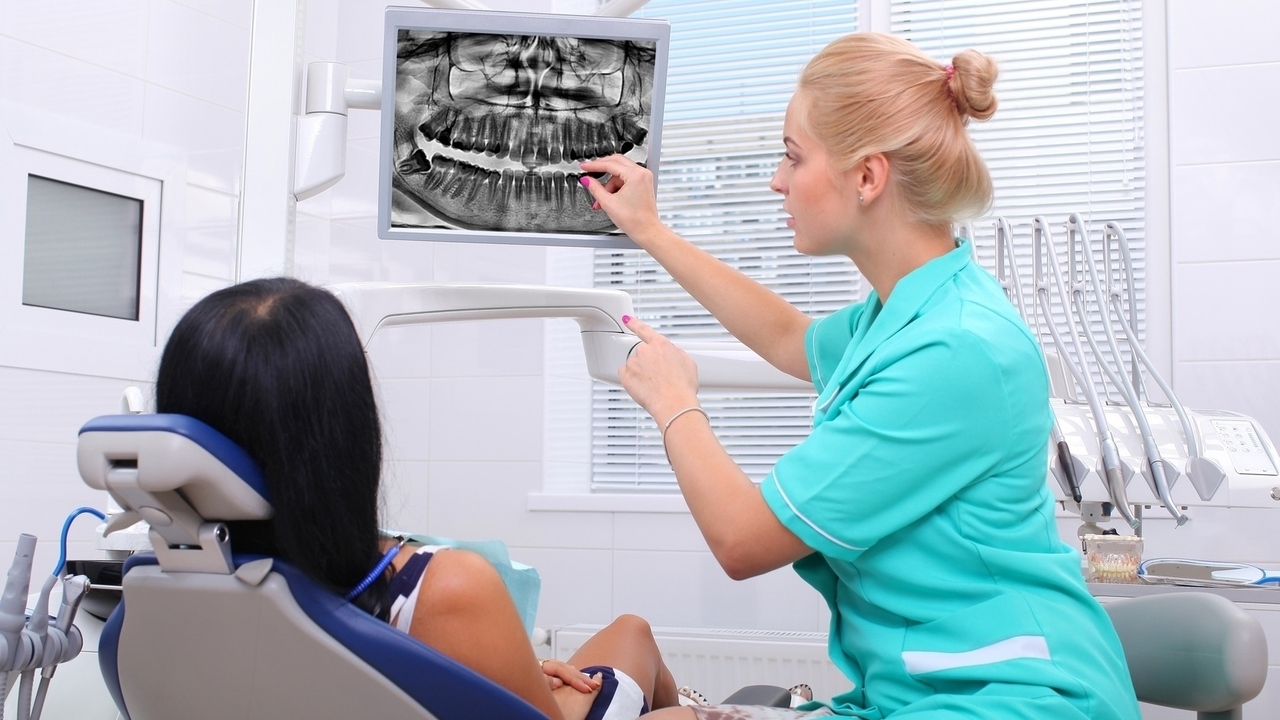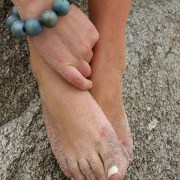 MonkeyBusiness Images/PhotoSpin
MonkeyBusiness Images/PhotoSpin
You injured your back, or your knee or your wrist. You’ve gone to the doctor who suggested rest, anti-inflammatories and perhaps a brace. However, even after some time has passed, you are still having pain.
Have you considered physical therapy?
Physical therapy may sound like it is just for the recovery of major musculoskeletal surgeries like a knee replacement or after a stroke, but in reality physical therapy can help even in situations that seem less serious.
Physical therapy can help anyone who has suffered an injury, developed weaknesses or has muscle/joint imbalances return to their optimal level of functioning.
One of the main areas physical therapy can help with is the reduction of pain. Physical therapists use a variety of techniques to do this. They may practice “hands on therapy” to release restricted muscles. They can locate and work on trigger points, which may be referring pain to other areas of your body.
Sometimes pain continues after an injury due to weaknesses that have developed in the muscle groups that were affected, long after the muscle has actually healed. Often other muscles are being overworked to compensate, creating more or different pain.
Physical therapists can isolate and determine specifically where those weaknesses are and develop an exercise plan to help those areas regain their strength. They can guide you through proper movement to allow your body to relearn what it feels like to move correctly.
Physical therapy may also help you to avoid having surgery. It may be that as you strengthen and stretch particular muscle groups you feel you no longer need surgery such as back surgery.
Even if you eventually do need to have surgery, physical therapy will help get the muscles as strong and flexible beforehand so that you have a faster, less painful recovery.
There are a variety of types of physical therapists who have more expertise in a particular area. Patients who have had a heart attack may see a cardiac rehab therapist or those with hip or knee replacements may see an orthopedic physical therapist.
Certain physical therapists only work with children. Others help primarily with seniors. Some physical therapists work in the area of woman’s health, helping women with pelvic pain issues or incontinence problems.
Some resources are available to help you find a physical therapist to suit your needs. Ask friends who have had physical therapy if they would recommend their therapist to others. You may find your doctor has physical therapists they prefer to work with, so get names from your physician.
The American Physical Therapy Association at http://www.apta.org has a section called Find a PT . There you can find a physical therapist that is located close to your home.
You should call their office and ask about their experience working with patients that have your type of problem. The office staff can also verify whether or not your insurance will cover the physical therapy and how much you will be responsible for with each visit.
Physical therapy is worth a try if you have a chronic problem that has not improved with other treatments. Ask the physical therapist how many visits it should take before you would see some progress.
Hopefully, you will find that physical therapy helps.
Sources:
10 Ways Physical Therapy Can Help. Lehigh Valley Health Network. Retrieved July 7, 2013.
http://www.lvhn.org/wellness_resources/wellness_articles/healthy_living/...
Physical Therapy. Teens Health from Nemours. Retrieved July 7, 2013.
http://kidshealth.org/teen/your_body/medical_care/pt.html
American Physical Therapy Association.
http://www.apta.org
“Find a PT”
http://www.apta.org/apta/findapt/index.aspx?navID=10737422525
Michele is an R.N. freelance writer with a special interest in woman’s healthcare and quality of care issues. Other articles by Michele are at www.helium.com/users/487540/show_articles
Edited by Jody Smith




Add a CommentComments
There are no comments yet. Be the first one and get the conversation started!